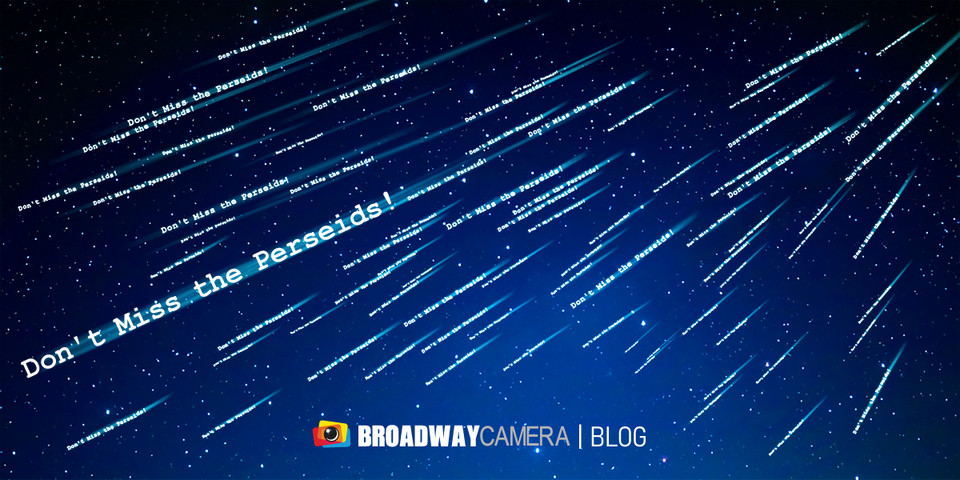Perseid Meteor Shower
The Perseids are a prolific meteor shower associated with the comet Swift–Tuttle. The meteors are called the Perseids because the point from which they appear to hail (called the radiant) lies in the constellation Perseus. (https://en.wikipedia.org/wiki/Perseids)
When to see the Meteor Shower?
The Perseids peak around the night of Saturday, August 12, and into the early hours of Sunday, August 13.
And with the Moon shrinking to an invisible Micro New Moon on August 16, the night sky will be ideally dark to catch the whole spectacle of up to 100 shooting stars per hour.
From around mid-July, you can start seeing some sporadic shooting stars, which can last toward the end of August.
https://www.space.com/32868-perseid-meteor-shower-guide.html
What settings to use to Capture the Perseid Meteor Shower?
For shooting astronomical events such as capturing Northern Lights, Milky Way or even Meteor Showers, I use my base settings:
ISO: 3200
Aperture: f2.8
Shutter Speed: 20-30 seconds
And adjust accordingly, Since no one can determine where the showers would specifically be, a use of a wider angle lens would be ideal. Make sure that you are shooting in RAW format so it would be easier for you to edit the files later on.
GEAR:
1. A stable tripod helps to avoid blurry photos. It's going to be a waiting game and having a tripod definitely helps you to relax while waiting and securing your spot as well. A portable chair is good to have too :)
2. An extra battery, most shots would be using slower shutter speed and will drain the battery faster.
3. Camera remote. goes hand in hand with a tripod for the same reason, to avoid blurry photos. Nowadays, cameras have really good wifi features that you can connect to your phone to enable remote shooting.
4. a “fast” lens, at least f2.8 or faster, to avoid "noisy" images by pushing higher ISO. (Recommended but not necessary, It helps you get a cleaner picture but it's better to use whatever you have)
5. Wide angle lens is preferable to see where it would be and to capture the whole scene.
Where would the showers be visible?
For anything astro related, the darker your location, the better. Anywhere where there’s little to no light pollution is preferred. Just make sure that you are safe and you are dressed for the activity, having a blanket is a good idea too.
Stay Safe and Happy Hunting!


